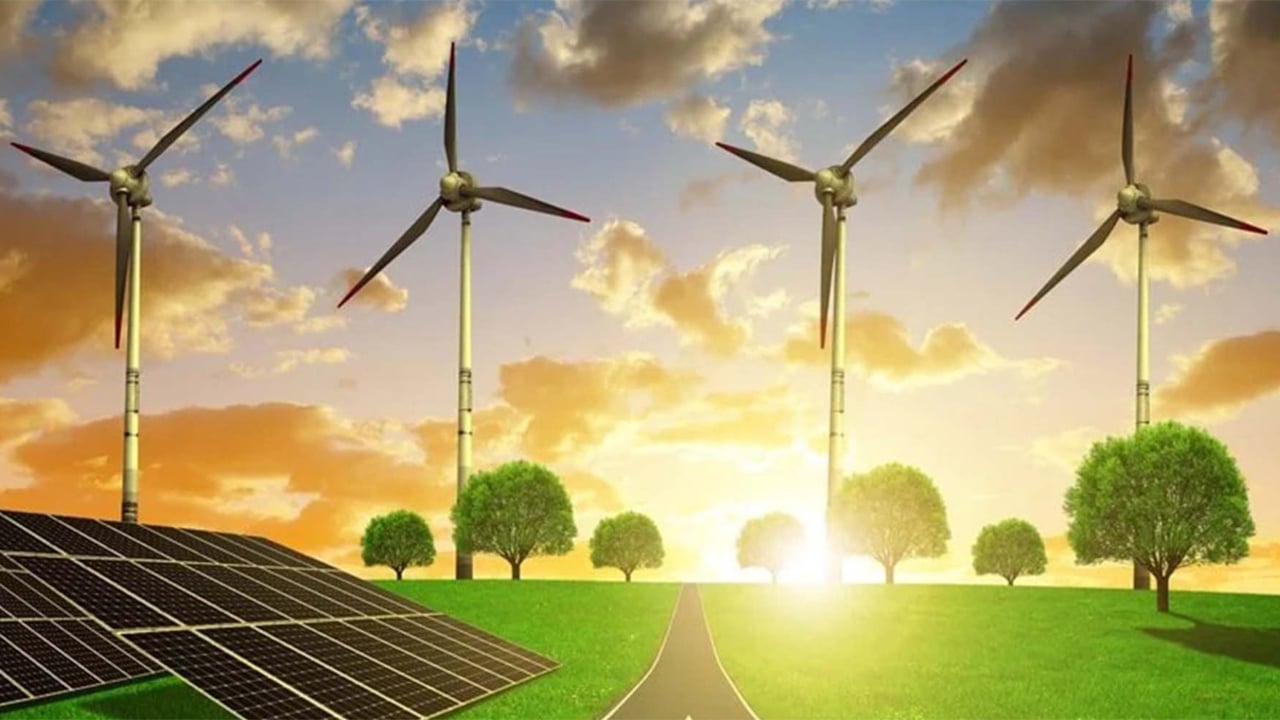By Amir Paracha
The calm, misty mornings, starting with a cup of strong chai and a stroll through the narrow alleys that seem frozen in time but only at a certain hour of the day, and the spellbinding morning tranquillity of the cobblestone streets of Lahore were enchanting.
The dense green and quietness of Islamabad used to be the ultimate source of immediate coolness, especially on a June morning, and equally comforting warmth in winters.
Life in Karachi was highlighted by family trips to the beach, going to school in a tram, and no evidence of traffic jams anywhere to be seen. Times have changed rapidly, as the population grows at immense speeds, taking its toll on the climate.
Pakistan’s climate already poses weather-related natural hazards due to the country’s geographical diversity and its varied climate that brings hot summers and cold winters.
Recurring heatwaves and droughts, flash floods, landslides, and cyclones are all phenomena that people around Pakistan have learned to deal with over time.
However, the changing climate is expected to increase the intensity and severity of these events, while causing people to experience increasing vulnerability.
This year’s temperature has already seen dramatic increments, especially in the snow-covered northern regions. Glaciers are melting quicker, resulting in variations in the Indus River flow downstream.
According to a recent report, it is estimated that even if Pakistan’s emissions are aggressively reduced, approximately 600,000 people across the nation will be displaced due to rising sea levels, water shortages, crop yield reductions, ecosystem damage, and droughts.
That number is estimated to be close to 1,200,000 if aggressive action is not taken.
The window for action is still open, experts believe. However, it is getting narrower every day, and this is our final chance to avert catastrophic climate change.
We must see it as a long-term, systemic threat that needs immediate attention, lasting decades. A complete transformation of our economic and social systems is required. It’s time to rethink how we transport goods and people, living, working, and buying habits, to name a few.
There needs to be a large amount of funding to reach net-zero carbon emissions. According to the IMF, the amount of investment required to make global economies greener is approximately USD 6 trillion, or 6 – 10% of global GDP.
It’s a huge sum, but at the same time, it presents the rapidly expiring opportunity to create jobs, bring innovation, and drive economic growth, while making the economy greener.
Covid-19 proved that in times of existential crisis, governments around the world are capable of gathering vast resources quickly.
One possible solution can be to place a global price on carbon, beginning with a standard price agreement among the countries with the highest carbon emissions, also keeping in mind those countries’ income levels.
This can be achieved through taxes, trade schemes, or even regulations at the sectoral levels. The main aim should be to price resources adequately and encourage countries to make the green switch.
Another possibility for climate improvement is to set aside funds for possibly millions across Pakistan to adapt to the changing climate. Sindh’s coastal cities, Punjab’s riverside towns, and northern glacial terrains are especially vulnerable to climate change.
Pakistan’s farming communities must adopt sustainable change in their water efficiency to keep the nation’s backbone healthy and strong.
Furthermore, countries around the world must share the cost of transforming economies to be greener and stronger in the face of climate change.
The amounts raised for climate action globally have, so far, fallen short of the USD 100 billion amount that was agreed upon by world leaders, more than a decade ago.
Now is the time to find innovative ways to amplify the impact of climate funding instead of waiting to achieve the seemingly ambitious milestone.
Policies designed to adapt can not only prevent dramatic human and economic losses but also carve the path to high-yielding investments across the board.
The immediate next step is for the international community to proactively seize collaborative opportunities and work together to create a greener, cleaner, and more prosperous world for everyone.
The writer is the Chairman & CEO of Unilever Pakistan and Vice President of Overseas Investors Chamber of Commerce & Industry.


























